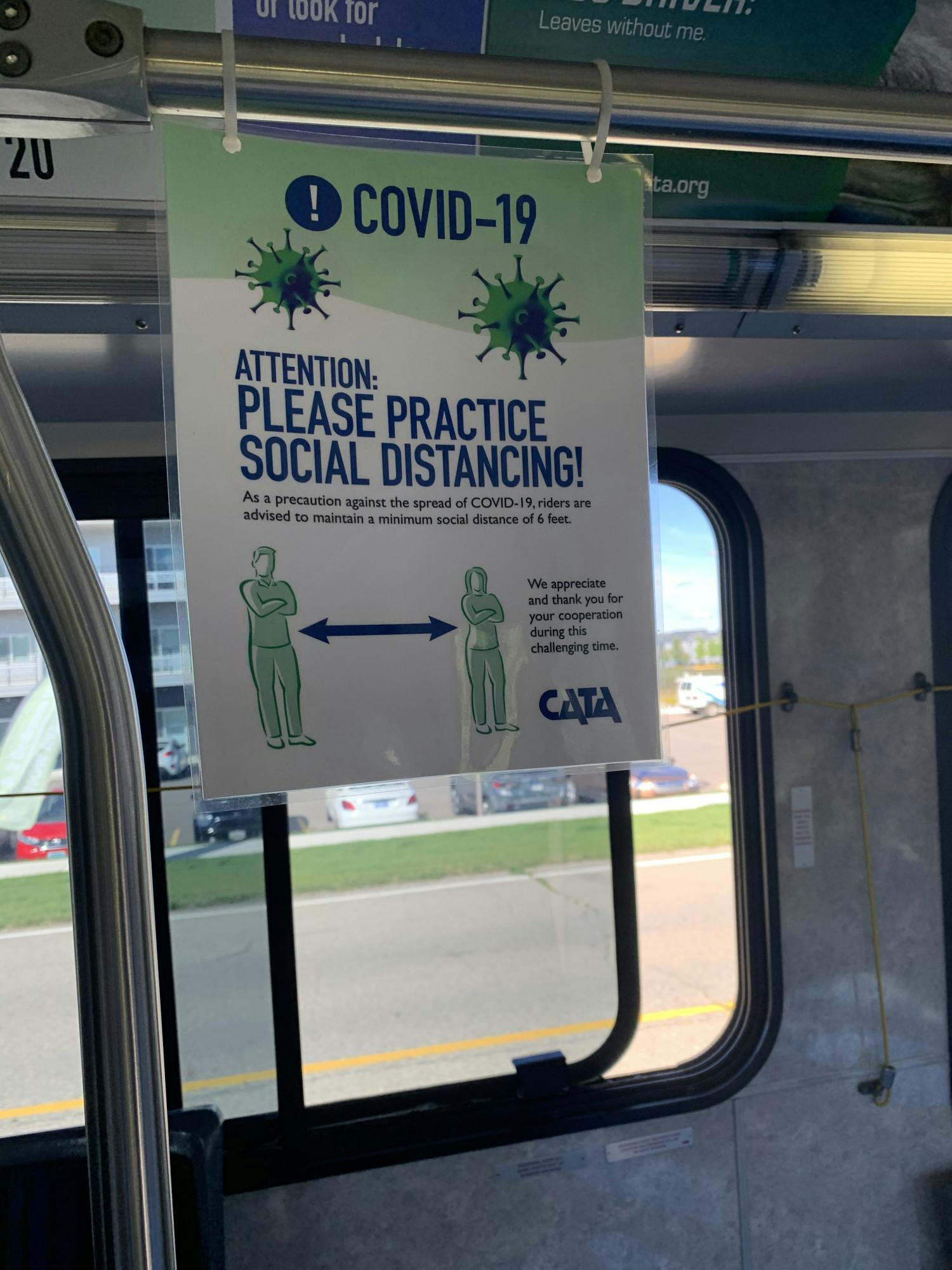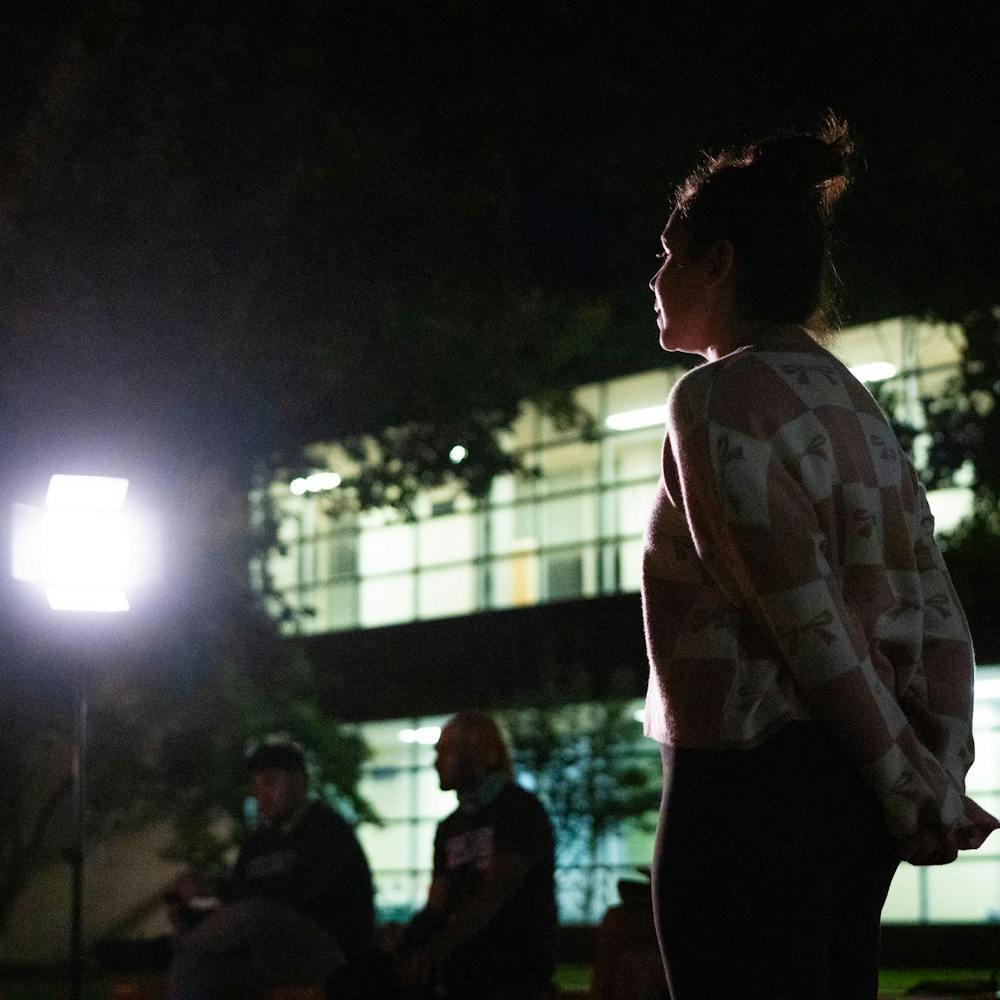Governor Gretchen Whitmer’s request to delay the Supreme Court’s decision to cancel all emergency orders until Oct. 30 has been denied, according to a court order Monday.
The court’s Oct. 2 ruling that Whitmer no longer had authority to declare a state of emergency after April 30 canceled all emergency orders, stating the 1954 Emergency Power of the Governor Act (EPGA) was unconstitutional and did not allow her to exercise emergency powers.
At that time, Whitmer requested a stay on the precedential effect of the opinion. The denial of her stay request means the motion of the court will be effective immediately.
“I concur in the order denying the motion to stay that decision because I do not believe the Court has the authority to grant the remedy the Governor requests,” Chief Justice Bridget McCormack said in the order.
New emergency orders issued by the Michigan Department of Health and Human Services (MDHHS) and local health departments — including Ingham County Health Department — will not be affected by the court’s ruling.
Under the Michigan Public Health Code, the state health department has the power to “exercise authority and promulgate rules to safeguard properly the public health to prevent the spread of diseases and the existence of sources of contamination; and to implement and carry out the powers and duties vested by law in the department.”
The MDHHS order issued Oct. 9 replicates emergency order mask requirements, restrictions on gathering sizes — including during organized sports — as well as restaurant capacities, protection for employees and contract tracing procedures.
According to the order, the public health legislature grants health departments specific authority to address threats to public health. Section 2253 of the code outlines that if a director determines control of an epidemic is necessary to protect the public health, he/she may prohibit gatherings and establish procedures to be followed by emergency order.
It also states emergency procedures may not be limited to the code.
“Considering the above, and upon the advice of scientific and medical experts employed by MDHHS, I have concluded pursuant to MCL 333.2253 that the COVID-19 pandemic continues to constitute an epidemic in Michigan,” MDHHS Director Robert Gordon said in the order. “I further conclude that control of the epidemic is necessary to protect the public health and that it is necessary to establish procedures to be followed during the epidemic to ensure the continuation of essential public health services and enforcement of health laws.”
An emergency order allowing for temporary expansions in unemployment eligibility and cost sharing, however, will be impacted by the court’s decision, according to the court order.
Justice Richard Bernstein, who voted against the majority in the decision to deny a stay, said up to 830,000 active claimants may lose their benefits once it takes effect.
“This represents a significant potential disruption to the livelihoods of the people of Michigan in a time of great public crisis,” Bernstein said.
Had they granted a delay, the governor and the legislature would have had better time to prepare for an appropriate transition and to guard against unintended consequences, Bernstein said.
A total of 90 executive orders have been rescinded. The full list can be viewed online.
In a media briefing Tuesday, Ingham County Health Officer Linda Vail said following the Supreme Court’s ruling there is a public perception that the new orders were also overruled and deemed unconstitutional by the decision.
“While that is true of what happened with the governor’s orders, that is not true of the MDHHS orders and other public health orders which were written under a completely different statute,” Vail said.
Prior to the ruling, Vail said the county had been doing pretty well with adherence outside of the 18-24 age group, but it’s a matter of getting people to recognize that while the governor’s orders were overturned and the statute she based them on was found unconstitutional, the new orders are legally in place.
At this point, there is a little bit of struggle in terms of enforcement as state agencies are on a little bit of a pause with what the state is directing them to do, Vail said.
“Enforcement quite honestly has always been a challenge,” Vail said. “So right now, as people come into this kind of period where they think all these rules and order went away, it’s just basically getting that back down, getting that adherence again, getting some enforcement. And if we can do those things, we should fare pretty well.”
Support student media!
Please consider donating to The State News and help fund the future of journalism.
Discussion
Share and discuss “ICHD and MDHHS react as Supreme Court denies to extend Whitmer’s executive orders” on social media.








